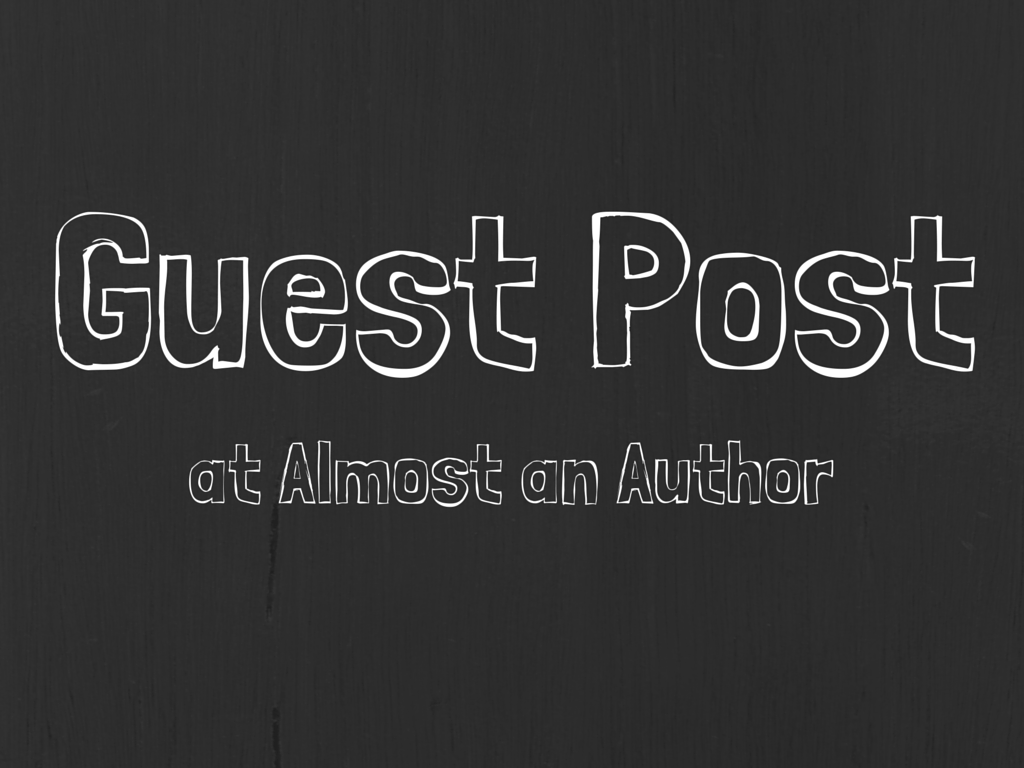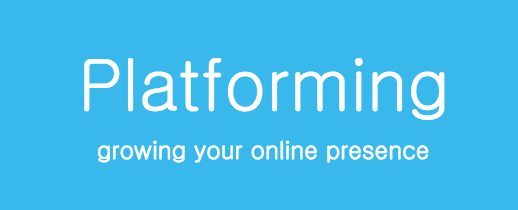
The Power of Networking: Building Meaningful Connections in the Writing Community
Writing can feel like a solitary career at times. After all, it’s just you, the keyboard, and your ideas…
July 16, 2024
Writing can feel like a solitary career at times. After all, it’s just you, the keyboard, and your ideas…
July 16, 2024
I’m excited to share my new release, Fountains and Secrets, with my Almost an Author family, along with a…
January 24, 2022
Last month I attended an annual writers conference to learn more about the craft and pitch my nonfiction books.…
June 29, 2021
Working for yourself has its own set of rewards and can be extremely lucrative. Being self-employed means being responsible…
June 28, 2021
One month ago my first novel officially released. As you might guess, I am proud of finally achieving that…
March 8, 2021
I am convinced that my writing journey is not just about me. God has a master plan to use…
December 5, 2020
Recently I received a notification on social media about this year’s film awards. Traditionally, November through February is awards…
December 4, 2019
Some movie scenes brand your brain with a message that never fades. One such scene, from The End of…
May 5, 2019
Did you know there are conferences throughout the country that focus on the mystery / suspense / thriller genre?…
July 31, 2018
Networking; what comes to mind when you hear that word? Are you groaning? Are you having a flashback…
March 31, 2017
Keeping the faith in your writing can be difficult. I remember sitting on my back porch with a rejection…
January 21, 2016
If you’ve never been a guest at another site, it can be intimidating. You take a risk by asking…
August 19, 2015